Sebastian Junger’s insights on leadership and teamwork within a community – and civilization at large – are remarkable. His broad range of experiences as a war-correspondent, anthropology student and tree cutter inform perspectives that have made him a New York Times bestselling author, award-winning journalist, and Academy Award nominated documentary filmmaker. Sebastian is known for his insights on the extraordinary bonds formed in combat. He has also studied PTSD, and the connection with depression and suicide; which he attributes to a loss of deep communal bonds. He says the basis and prevalence of mental illness and depression today may be derived from a society where all of our material needs, but none of our evolutionary social needs are met. Sebastian’s insight on the the importance of leadership and team accountability harken back to base needs that have been lost in the progress of civilization.
[2:09] Although having written on and off for newspapers and magazines in his 20s, Sebastian earned his living as a climber and tree cutter until he was sidelined by a chainsaw injury. During his recovery time in Gloucester, Mass., a local fishing boat, the Andrea Gail, was lost to a storm at sea, and this disaster crystallized his desire to write about dangerous jobs. The Perfect Storm was his first book.
[4:29] Sebastian discusses the social nature of humanity, attributing our survival to our ability to coordinate our efforts. We’re smart, we can build tools and weapons, and we work together. One of the ironies of modernity and of wealth is that people are able to be more independent of their community.
[6:51] Sebastian comments on teams in business, and how they differ from evolutionary social groups. Life-and-death stakes bring out the best in people. A platoon will have greater devotion and loyalty than an office team.
[9:35] Sebastian sees the infrastructure that keeps us alive today as separate from our immediate lives. We don’t eat locally. Everything is part of some larger process. There are huge physical advantages to industrialization and mass society, but also huge social and psychological deficiencies. When you don’t depend on, or even know, the people around you, that isolates you, and leads to depression and suicide.
[12:46] Sebastian notes that PTSD cases outnumber the returned military who have actually served in combat. He explains why that may be. We are wired to deal with trauma, but not with the alienation and isolation of the American suburb. Addressing leadership, he suggests that skills that work in combat are the ultimate leadership skills and traits, and business leaders need those traits. Leaders eat last.
[18:32] If you have a leader who takes a bonus while firing his people, that’s terrible leadership. In a band of hunter-gatherers, that leader would be killed. When we allow that type of leadership behavior, we are radically departing from our social communal past.
[21:01] In the military, leaders give orders in their own name. There is no passing the buck. Sebastian recalls an incident of grave danger, where the lieutenant took a life-and-death risk to assess the situation. His sergeant immediately stepped up, following his example.
[25:44] Two reporting situations altered Sebastian strongly. First, Afghanistan in 1996 and 2000, fighting the Taliban. For the first time, Sebastian saw extremely wounded people. He unknowingly had PTSD on his return. The second was being with the 2nd Platoon, Battle Company in the Korengal valley. The bonds he experienced were intense and changed his life.
[28:27] Sebastian felt that the loyalty he observed, and was part of, in the 2nd Platoon, turned him inside out. Returning home, he was so altered that he could not continue leading his life as it was. He says it was not trauma; it was something much more positive.
[30:38] There is much more to war journalism than being embedded with the U.S. Military. That feels so much safer than going by yourself to a civil war in Africa, or Afghanistan, or to the Arab Spring countries, on your own. You’re not even sure you can trust the people with you. The country needs journalists.
[32:17] Sebastian’s degree is in Cultural Anthropology. He wrote his thesis on a Navajo reservation, on Navajo long distance runners. That thesis sparked his interest in writing. Anthropology informs everything he has written, especially his research on PTSD. PTSD is much more widespread today than in any previous generation. We are no more a communal society.
[39:05] Sebastian shares a new issue he is exploring: raising his six-week old daughter. He is interested in evolutionary parenting. What infants need is closeness to their parents. As children grow, girls stay close to home; boys form groups and range farther away from home. We are not allowing boys today to roam.
How to contact Sebastian:
Watch for Hell on Earth, on the National Geographic Channel in June, 2017
“I’d been thinking about writing a book on dangerous jobs, and the storm [that sank the boat] sort of crystallized that.”
“I felt that the nation — America — any country … is able to exist because of jobs mostly performed by blue collar men.”
“The people that die doing those jobs — they’re not honored the way fireman are, policemen are, soldiers are.”
“Junger’s … Tribe, has haunted me since. It raises the possibility that our culture is built on some fundamental error.” — David Brooks, NYT
“Our sense of safety in the world, and, as a result, our emotional safety, comes from the proximity of others.”
“As wealth goes up in a society, people are able to be more and more independent of their community.”
“There’s also a psychological cost … The individualism of modern society leads to heightened rates of mental illness.”
“The greater the hardship, the greater the danger, and the higher the stakes, the better people act.”
“When human beings act poorly, it’s when their lives are not under threat.”
“When there’s a threat … people come together, and they act better than they do when there’s nothing at stake.”
“We want to think that this society is the ultimate expression of human evolution … but … it really is not.”
“You never order [people] to do things that you yourself wouldn’t do.”
“As a good leader, you make it clear you are willing to experience consequences alongside your [people], if not before.”
“[As a leader], if your company’s taking a hit, you should be the first person to take a pay cut.”
“The thing that makes you deserving of leadership is the fact that you are willing to suffer consequences.”
“You’re going to miss that [closeness]. You’re going to prefer the hardship that made that closeness necessary.”
“Leaders see the untapped energy potential in their people and ignite the energy of their team.”
Bio
Sebastian Junger is the #1 New York Times Bestselling author of The Perfect Storm, Fire, A Death in Belmont, War, and Tribe. As an award-winning journalist, a contributing editor to Vanity Fair and a special correspondent at ABC News, he has covered major international news stories around the world, and has received both a National Magazine Award and a Peabody Award. Junger is also a documentary filmmaker whose debut film Restrepo, a feature-length documentary (co-directed with Tim Hetherington), was nominated for an Academy Award and won the Grand Jury Prize at Sundance.
Restrepo, which chronicled the deployment of a platoon of U.S. soldiers in Afghanistan’s Korengal Valley, is widely considered to have broken new ground in war reporting. Junger has since produced and directed three additional documentaries about war and its aftermath. Which Way Is The Front Line From Here? which premiered on HBO, chronicles the life and career of his friend and colleague, photojournalist Tim Hetherington, who was killed while covering the civil war in Libya in 2011. Korengal returns to the subject of combat and tries to answer the eternal question of why young men miss war. The Last Patrol, which also premiered on HBO, examines the complexities of returning
from war by following Junger and three friends — all of whom had experienced combat, either as soldiers or reporters — as they travel up the East Coast railroad lines on foot as “high-speed vagrants.”
Junger has also written for magazines including Harper’s, The New York Times Magazine, National Geographic Adventure, Outside, and Men’s Journal. His reporting on Afghanistan in 2000, profiling Northern Alliance leader Ahmed Shah Massoud, who was assassinated just days before 9/11, became the subject of the National Geographic documentary “Into the Forbidden Zone,” and introduced America to the Afghan resistance fighting the Taliban.
Junger lives in New York City and Cape Cod.

These are the books mentioned during Sebastian’s interview




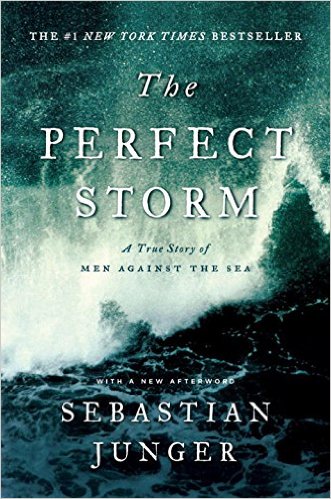

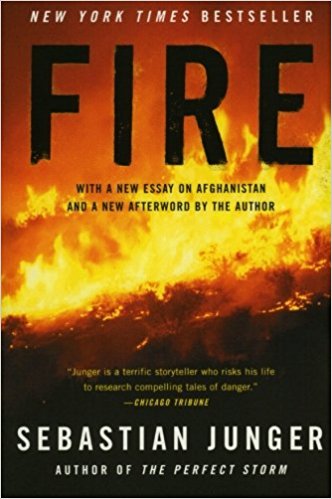
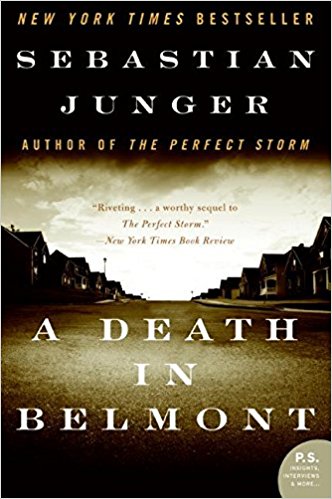

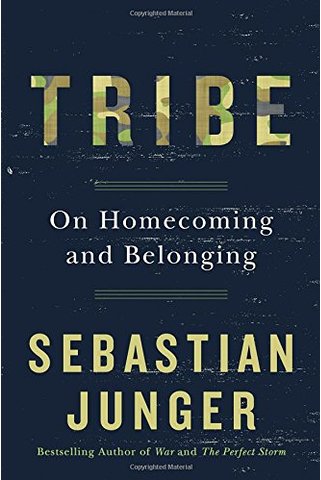
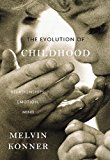
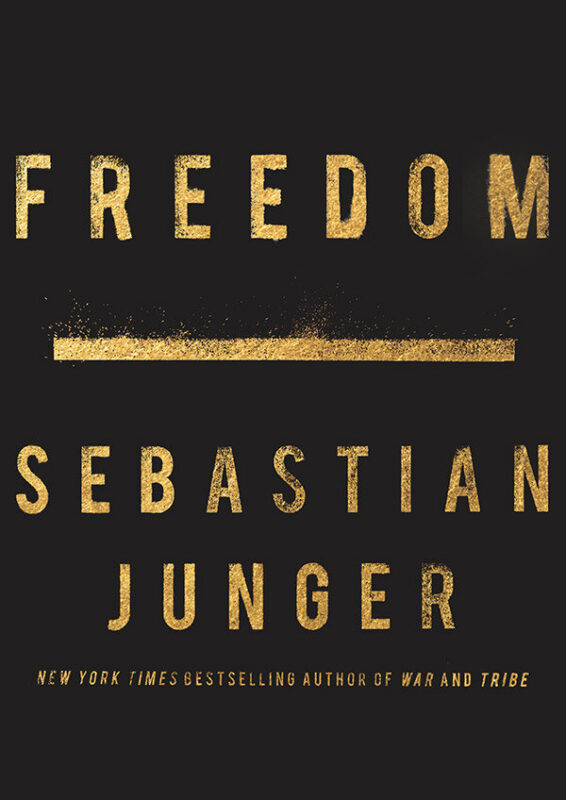
Recent Comments